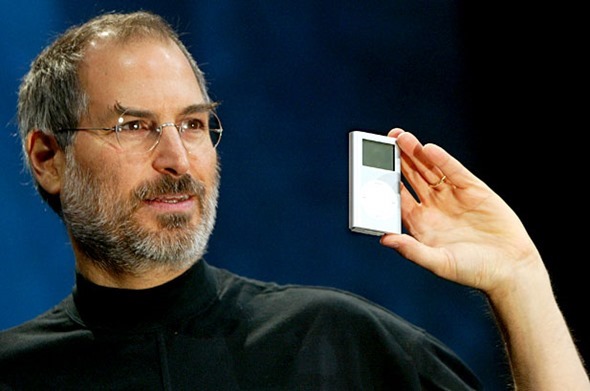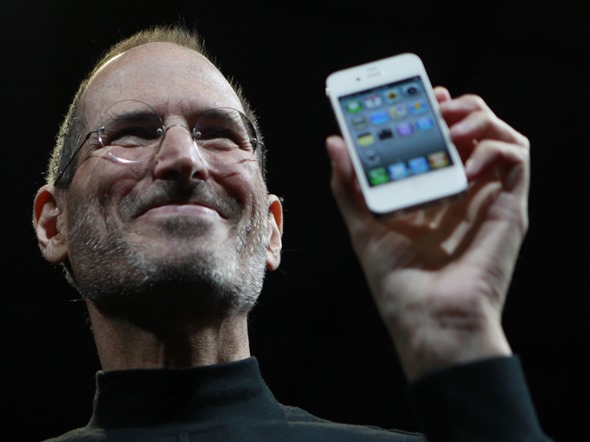Although, the sweet taste of victory is still in the air in California where Apple was awarded more than $1 billion in damages as a result of the Samsung patent infringement case, it doesn’t wipe out the bitter memories which the company has related to patents in the past. A number of corners have often been critical about Apple’s approach to submitting patents for pretty much anything and everything, but there is a method behind what may seem like madness, and it apparently stems from a $100 million iPod related loss back in 2006.
If you actually took the time out to look back in history before the original iPhone was announced, it would immediately become clear that Apple – led by Steve Jobs at the time – very rarely patented any technology or invention. The jury is out on whether or not that was ethical business practice or just an act of madness from what is not the world’s most valuable company, but it wasn’t until a rather expensive lawsuit in 2006 after which Apple began its patent-everything spree.

The New York Times are reporting that in the aftermath of Apple’s $100 million loss against Creative Technology in 2006, Steve Jobs took the executive decision that they would pretty much patent anything and everything in order to protect themselves going forward. In addition to that mentality, it is also being suggested that Apple employed legal representatives to take part in monthly meetings with Jobs and various Apple engineers to determine what projects could and could not be patented.

It may seem like a bizarre mentality to some to actually go down the route of spending the company’s resources on attempting to patents technologies and ideas that will never get through the actual submission, but it does stop other companies from attempting to patent the same thing. The patent system also exists to allow companies like Apple to invent, produce and perfect technologies over a period of time, so it does seem to make perfect sense that they would want to invest heavily in protecting those inventions. Although, some individuals don’t necessarily agree with the patent mentality and believe that it stifles smaller companies from innovating, with the recent case in San Jose; it’s difficult to argue that it hasn’t worked out for Apple.
(via CultOfMac)
You can follow us on Twitter, add us to your circle on Google+ or like our Facebook page to keep yourself updated on all the latest from Microsoft, Google, Apple and the web.

